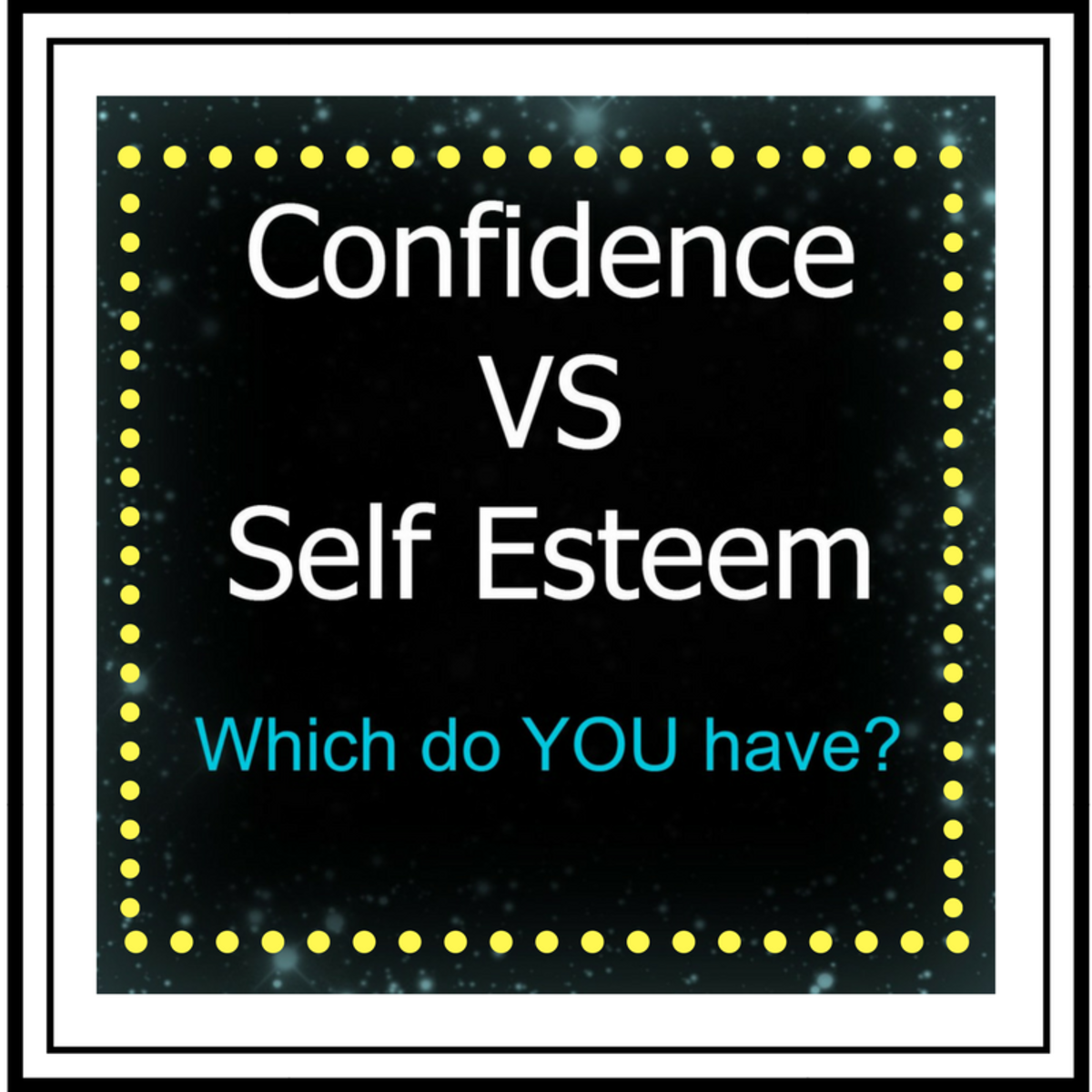How to Develop Self Compassion

There's a well-known adage that goes: "Do unto others as you would have them do unto you."
In other words, if you want people to be nice to you, you need to be nice to them. If you want people to listen to what you have to say, you have to listen to what they have to say. If you want people to be generous and loving towards you, you need to be generous and loving towards them.
If you see someone struggling to carry heavy bags of shopping, your reaction might be to give them a hand. You feel sorry for them and want to try to alleviate their suffering, to ease the situation. You have the power to do it, it won't cost you anything and it will probably make both of you feel better.
The key word in that last paragraph is "suffering." As you might have guessed, someone struggling to carry groceries may not be suffering on a grand scale, but they're still suffering in the broadest sense of the word. And that's what compassion is all about.
But this article is not about developing compassion for other people: it's about developing your own self compassion. But before we look at some simple ways to achieve that, let's find out exactly what compassion is.

The Meaning of Compassion
If you look up the word "compassion" in a dictionary, you'll find a definition similar to the following:
"A feeling of deep sympathy and sorrow for another who is stricken by misfortune, accompanied by a strong desire to alleviate the suffering." (Dictionary.com)
Compassion is deeper and more intense than empathy. When you feel compassion for someone else you're not only identifying with their situation, but you're also keen to help improve that situation. It incorporates empathy - the ability to identify with the other person - but takes things further to the point where you feel a responsibility to try to make that person's life more bearable, more enjoyable and less difficult.
As human beings we are unique among the animal kingdom. We can feel compassion for others and we can implement strategies to care for and comfort them. We can take steps to try and make things a little easier for them, to show them kindness and understanding, doing our bit to bring happiness and joy into their lives. And when we talk about self compassion, we're talking about finding ways to do the same thing for ourselves.
Pointers to Self Compassion
No matter who you are, there will be times in your life when things seem difficult. New jobs, new relationships, new social environments... almost every situation you find yourself in has the potential to be positive or negative. But you need to remember that you're not alone, no matter how isolated you feel, and that everyone goes through the same things at one time or another.
And that's the real benefit of being able to practise self compassion. You need to be able to give yourself the same comfort and understanding that you would give someone else in a similar situation. You need to be able to step outside yourself and remember to nourish the most important person in your life - you.
It doesn't take much to achieve, either. You just have to remember that you're a human being, that you will make mistakes, that things won't go right for you all the time. Then, when life's not going quite as well as you'd hoped it would, give yourself a break:
- Be kind to yourself - celebrate your good points and the skills or talents you have. When things go wrong, remember that you are unique. There's no one else like you in the whole world, so make sure you take time to appreciate that point. Tomorrow could be the best day of your life, so don't waste your energy dwelling on what might have been.
- Switch off your critical inner voice - you're not perfect, and no one else is. Don't judge yourself too harshly. Accept your limitations and focus on the things you do well. Don't dwell on the negative elements in your life, because these make up only a small part of who and what you are.
- Practise mindfulness - be aware of situations and of the role you play in them. When things go wrong, ask yourself why. See if there's anything you can take from the experience that will prevent it from happening again. Let any mistakes you make help you grow as a person and don't be afraid to make them.
Self Compassion versus Self Esteem
Self compassion is not the same as self esteem. The former implies your ability to extend your sense of compassion to yourself, while the latter suggests your ability to evaluate your own self-worth. You can feel compassion for yourself not because of some particular trait, but because you're a human being who deserves kindness and understanding. Self esteem can be an ever-changing evaluation, often dependent on your latest achievement or success.
The Self Compassion Secret
If there is a secret to developing self compassion, that secret is this: don't be so hard on yourself.
When things go wrong, it's not always your fault. When you make a mistake, it's not the end of the world. When you're struggling to get ahead, it's not a permanent state of affairs. Things will get better, because they always do.
So there's no point beating yourself up about it. Try to imagine how your best friend or soul mate would speak to you in such circumstances. What would they say to you? Would they berate you for being an idiot, tell you you're never going to achieve anything, or be amazed that you ever bothered trying in the first place given your obvious lack of potential?
No, they wouldn't. They'd do their best to support you, to highlight your good points, to reassure you and help you get through your difficult times. And with the proper approach to self compassion, you can do the same for yourself.
Take some time out of your busy schedule a few days a week and ask yourself the following probing questions:
- Are you being too critical of yourself?
- Do your mistakes change the course of history?
- Are you the only person who has bad days?
- Can you name one good thing about yourself?
- What one thing have you got to look forward to?

Self Compassion Development Techniques
Here are a few techniques you can use to help develop your sense of self compassion and bring it to the fore. If you work on these techniques on a regular basis you will naturally become more self compassionate and will probably never have to worry about it again.
- Write a letter to yourself - this is a technique used for helping to build self esteem that also works with self compassion. Got something niggling you? A mistake you made, a situation you dealt with badly, or an obstacle you seem unable to overcome? Write a letter outlining the issue, what you did about it and what you can do about it next time. Try to maintain a sense of perspective. Remember that it might be still bothering you, but that other people have probably forgotten all about it by now. Writing a letter will help you "clear the air" so to speak, letting you get your feelings out of your head and down on paper, giving you a sense of having dealt with it so that you're able to move on with your life.
- Get out of your own shoes - imagine you're an impartial observer viewing the situation from the outside. Try to see yourself as if through this other person's eyes. Let this "compassionate" other person take you through the situation. What things would they say to comfort you? How would their positive energy help give you a boost? Let yourself be comforted and reassured in the same way that you might comfort and reassure your best friend, your partner or a close family member.
- Change the way you talk to yourself - if you tell yourself you're worthless, you'll constantly feel worthless. If you tell yourself that you're only human, that everybody makes mistakes, that tomorrow's a brand new opportunity, then you're going to be a much happier soul. Try to focus on your thinking for at least a part of every day, and force yourself to think about something positive. If you do this regularly you'll eventually discover that any negative self-talk will simply disappear.
The Self Compassion Scale
Self compassion has been measured by researchers using what is known as the Self Compassion Scale. This is an attempt to measure how individuals display self kindness, common humanity and mindfulness, as opposed to self judgment, isolation and over identification.
As you might expect, self compassion can be viewed from both perspectives - positive and negative - as shown in the table below:
The Plus & Minus of Self Compassion
Positive Associations
| Negative Associations
|
|---|---|
Life satisfaction
| Self criticism
|
Wisdom
| Depression
|
Optimism
| Anxiety
|
Happiness
| Rumination
|
Curiosity
| Thought suppression
|
Learning goals
| Perfectionism
|
Social connectedness
| Disordered eating attitudes
|
Personal responsibility
| |
Emotional resilience
|
About JohnMello
I'm a freelance writer, author, musician and composer. Visit my self help blog at http://theselfhelpzone.blogspot.co.uk/ for lots of freebies.








